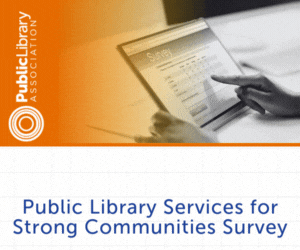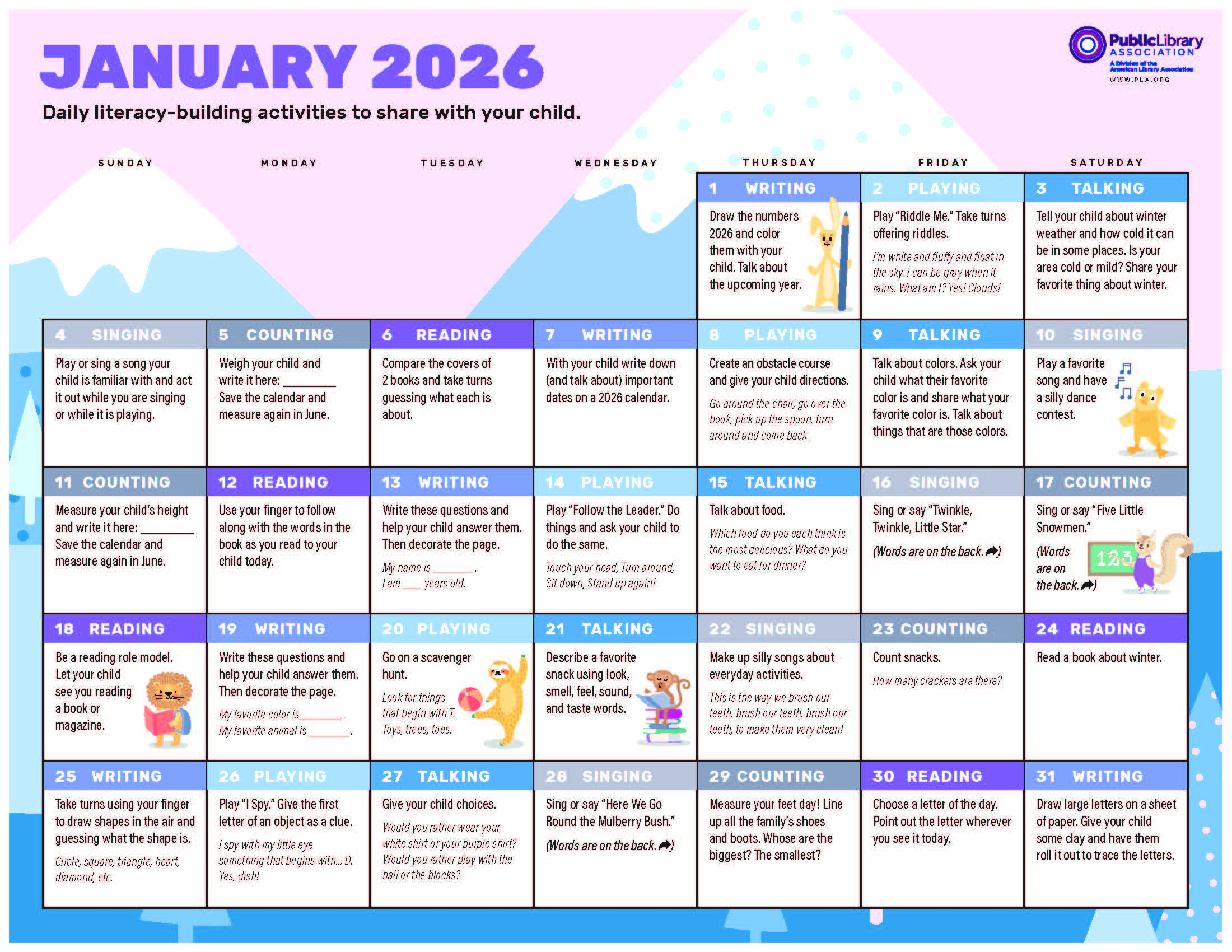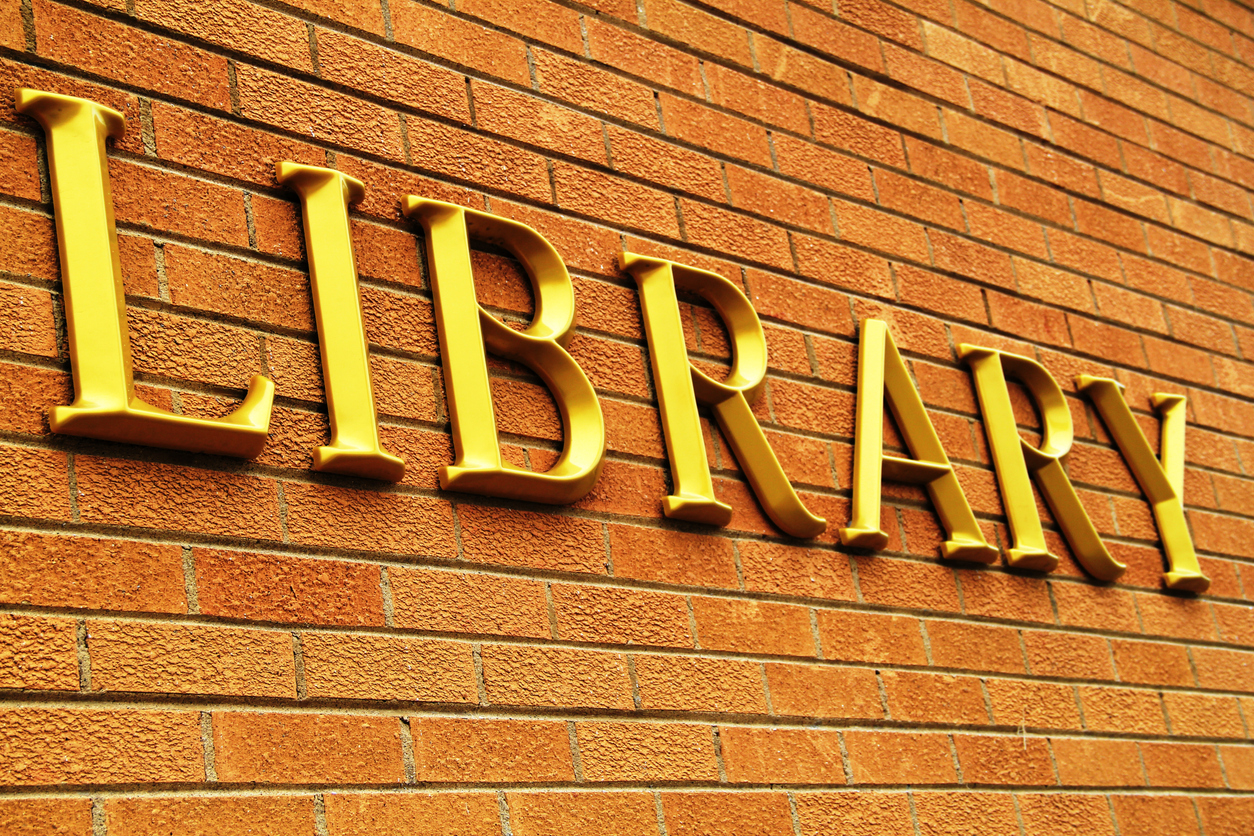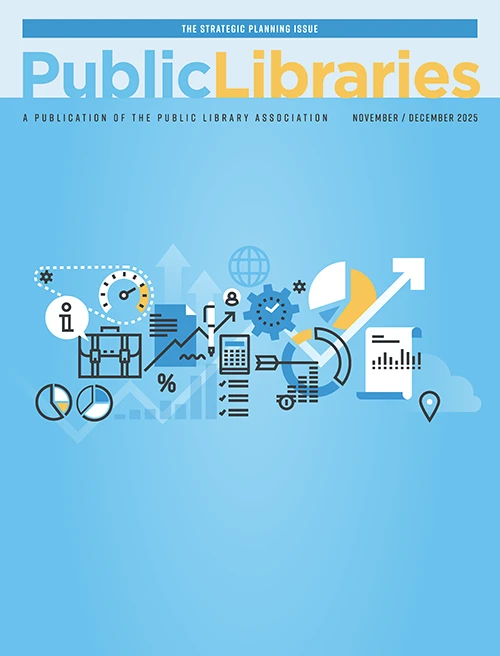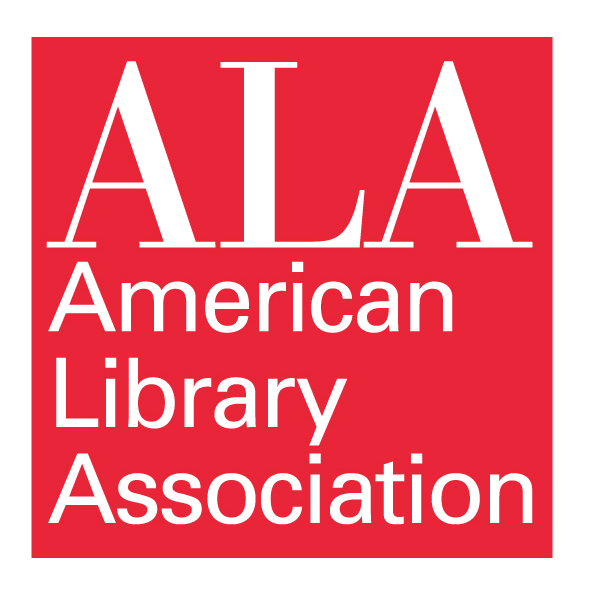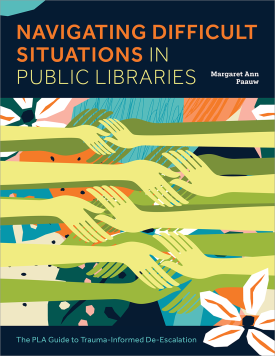Data Librarians in Public Libraries
Celia Emmelhainz is the social sciences data librarian at the Colby College Libraries and founder of databrarians.org. She is particularly interested in qualitative data archiving, data literacy in the social sciences, and global perspectives on information. Find her at @celiemme on twitter, or in the Facebook databrarians group.
I wrote a few months ago about the data skills that future academic librarians can develop—but what would a data librarian look like in a public library? In this post, I’d like to review a few data concepts, outline potential differences between academic and public librarians, and suggest ways that public librarians could bring data to their patrons.
Data in the Public Sphere
You’ve heard about ”big data,” which I’ll loosely define as enormous collections of raw information. Ten thousand tweets on a given day, a million clicks on a website by 35,000 people, a hundred thousand economic indicators. How would you make sense of it all? That’s big data.

Click the animation to open the full version (via Penny Stocks Lab).
And big data matters, because it’s the method through which our personal life is swept up and analyzed by marketers, law enforcement, and researchers. This analysis of groups and individuals then impacts public policy, the economy, and our chances in life. But data isn’t just a danger—it’s also an opportunity. You and I have more access to datasets (collections of data about many separate people, institutions, or events) than ever before.
America’s Chief Data Scientist defines data science as “the ability to extract knowledge and insights from large and complex datasets” (whitehouse.gov). This resonates with one of our goals as librarians: to help people extract knowledge and insight from books.
In 2013, Obama signed executive order 13642, requiring government agencies to share their data in a way people can re-use, not just in summary reports. It’s a great move: it puts data about schools, the economy, business, and the environment into citizens’ hands. It allows ambitious high school students to do original analysis, journalists to cross-check official statements, community members to run advocacy campaigns, and business owners to evaluate the strength of their market.
And because this data is “open,” it comes at no cost to the community. As Meredith Schwartz writes in Library Journal, open governmental data is big news. Agencies now have to share—but we still need public user interfaces, local workshops, and skills tutorials to make this information truly accessible.
So how can libraries help? Academic librarians are compiling public and private data sources, teaching data analysis and visualization, and sharing how to manage and archive local data. Library schools are even hiring data specialists to train the next generation of tech-savvy librarians.
But there are strategic ways for public librarians to get involved as well. Just as e-books are available online and we help community members to use e-readers, so many types of data are online—and community members will still benefit from a guide.
Case Studies of Public Libraries in the Data Sphere
This spring, the Knight Foundation awarded a major grant to the Boston Public libraries to catalog and make regional data available to the public. Additionally, it awarded another grant to the Library Freedom Project so that public libraries could train citizens how to avoid the worst in data surveillance. Libraries like the Brooklyn Public Library are beginning to use Tableau to visualize their collections and patron needs, finding that visual displays of data capture the imagination of librarians and community members. Amidst thechallenges facing public libraries in the UK, Ben Lee argues that public libraries were created to help the working classes take ownership of their lives and communities—and that training residents to find and use public data fulfills a similar mission in the modern era.
What Would a Public Data Librarian Look Like?
As AnnaLee Saxenian says,
“A data librarian has a special set of responsibilities around stewardship and curation. . . defining standards, storing data . . . and organizing data in a way that makes it more accessible. And it may be a bit of an uphill battle.”
While we would never want to replace the responsibility of other municipal agencies to care for their own records, data librarians could help patrons access public data, and even teach some of the skills that would allow people to make better use of these new resources. Given the cachet of “big data” in popular culture, publicizing the existence of “data librarians” could reinforce the relevance of public librarians as guides in the internet age.
Data training for librarians
While academic librarians focus on finding and managing research data, public data librarians are more likely to focus on open data: opening up the world of data to the community, helping people to access public data, or hosting workshops on data skills. Here I’m thinking of things like scraping real estate data and visualizing it using infographic tools like impact.io. People don’t need a data genius as much as a data guide—and that’s what librarians are there for.
So how could we get started? I would advise starting with School of Data to learn baseline concepts, and work through the Data Journalist’s Handbook to be able to teach how to work with public data in Excel. Online study programs like Coursera and Edx run free classes on statistics, as well as more advanced courses on data science and data analysis.
Library schools are also likely to gear up and offer continuing education certificates in this area. As Sandy Hirsh writes from SJSU:
“We need people working in areas like big data who are coming in with the perspective that you get with an MLIS degree. . . it’s very different when you develop skillsets for big data from an LIS perspective.”
I’d suggest that this is true not only for LIS students going into software and tech development, but also for those who go into their communities and teach people how to find and use data. It fits our original mission so well: to bring knowledge to the community.
Tags: academic libraries, big data, data, data visualization, data-driven decision, library data, MLIS Students, partnerships, public data librarian, social media




